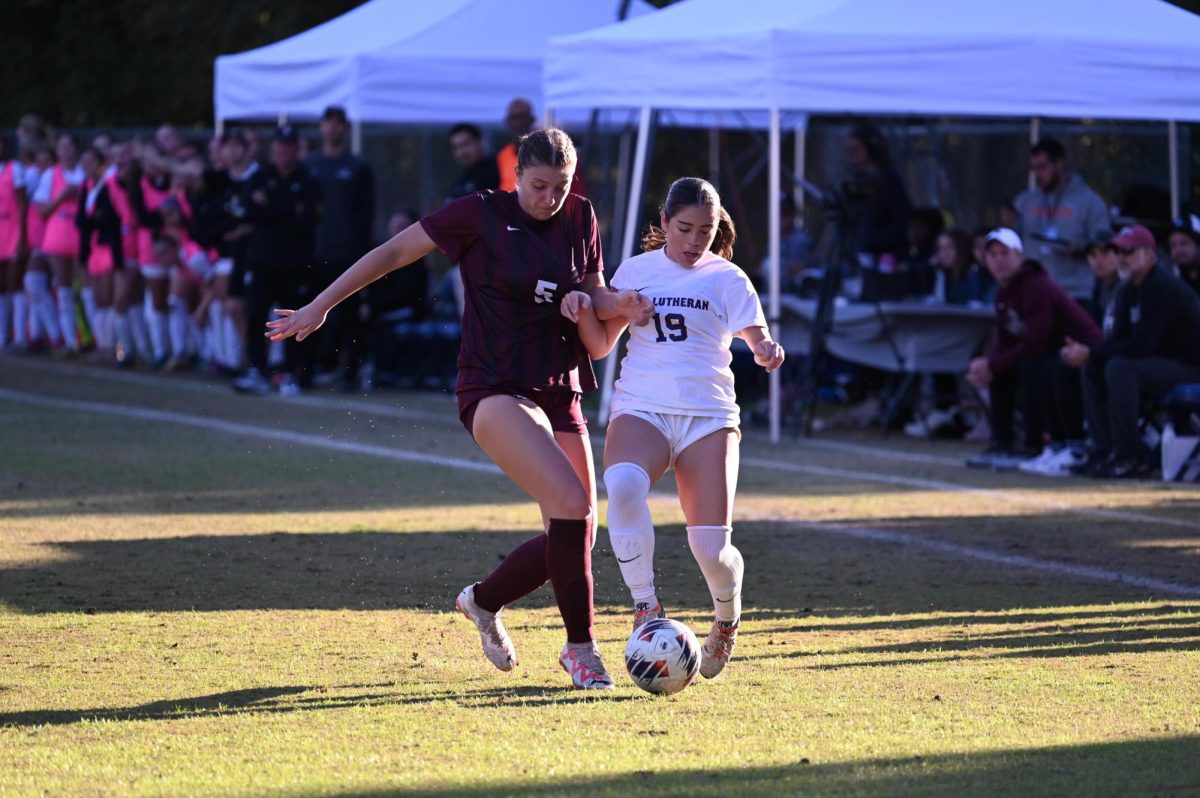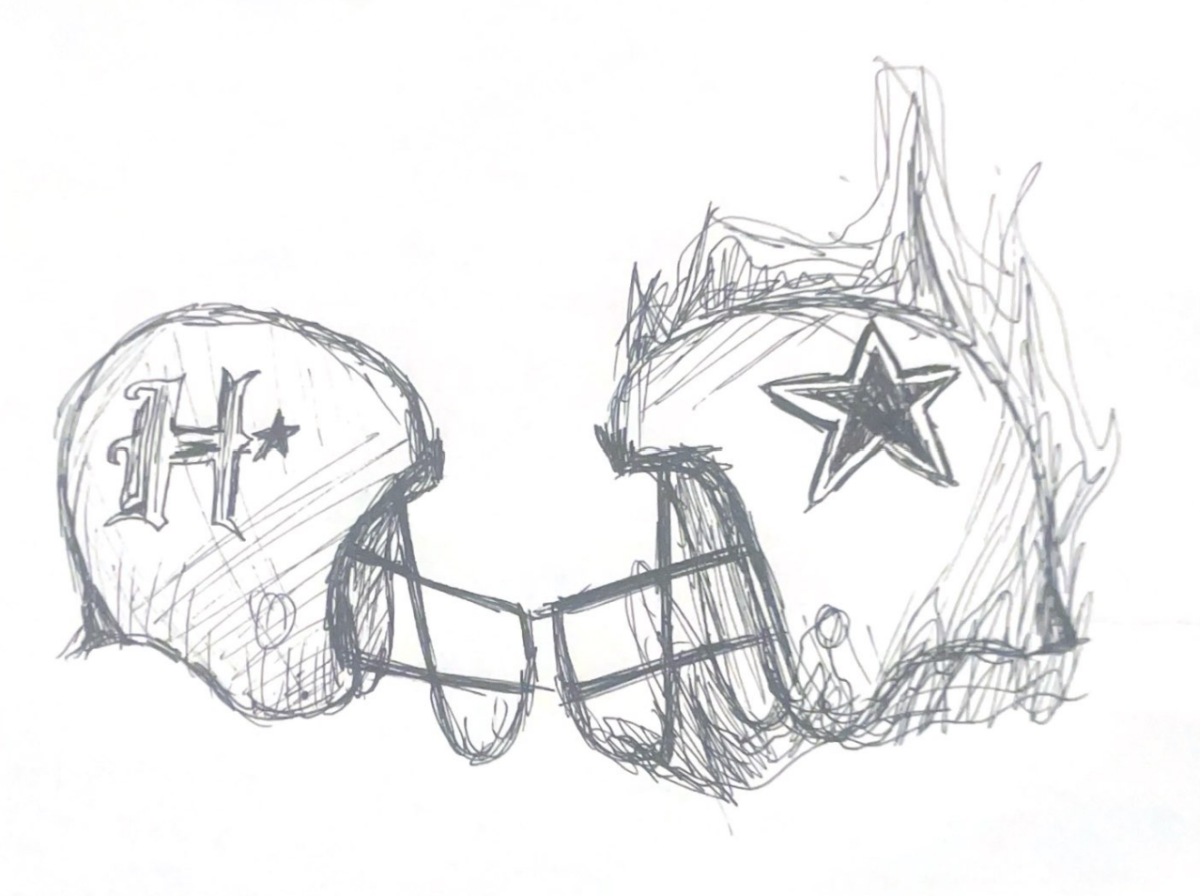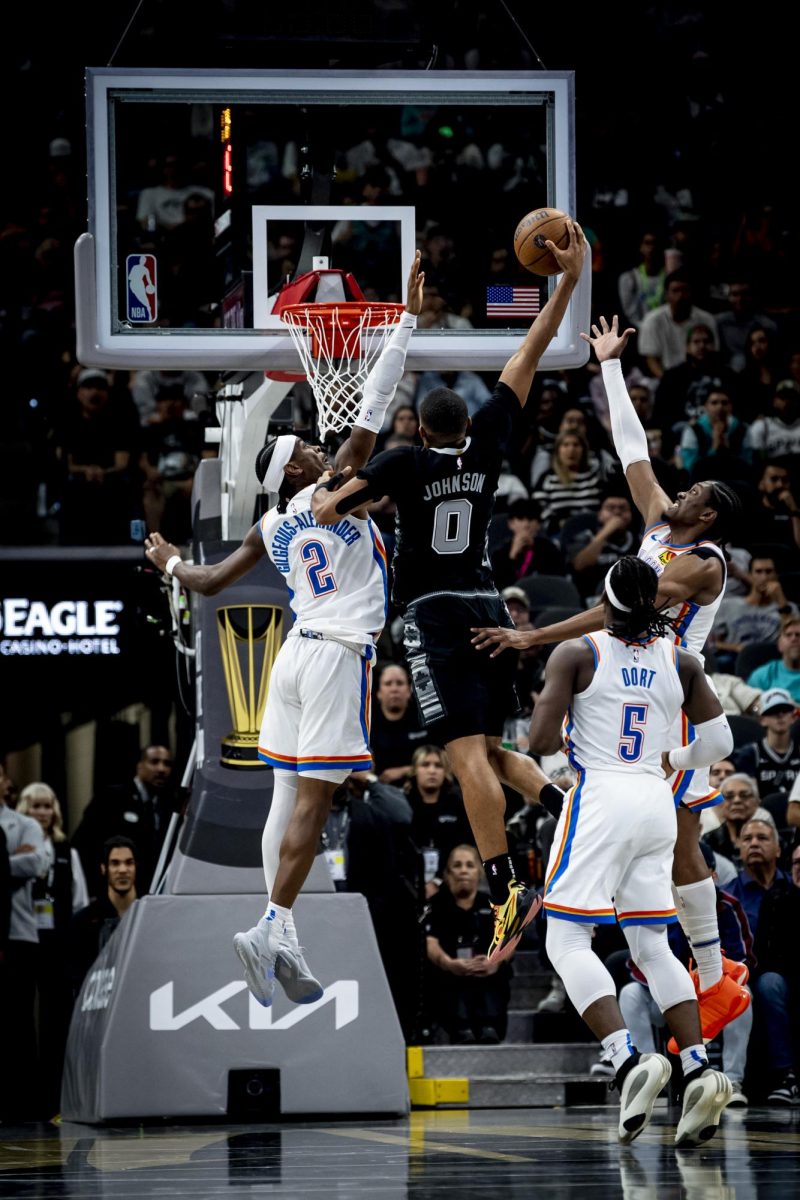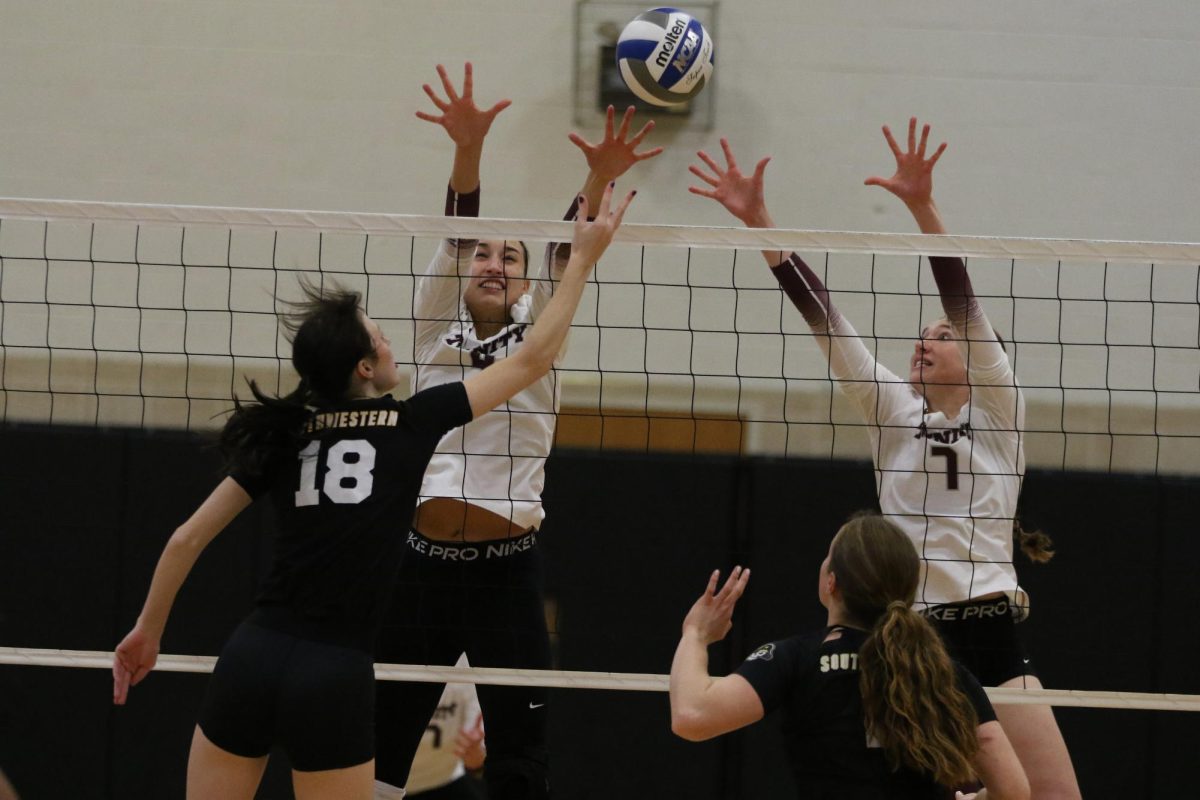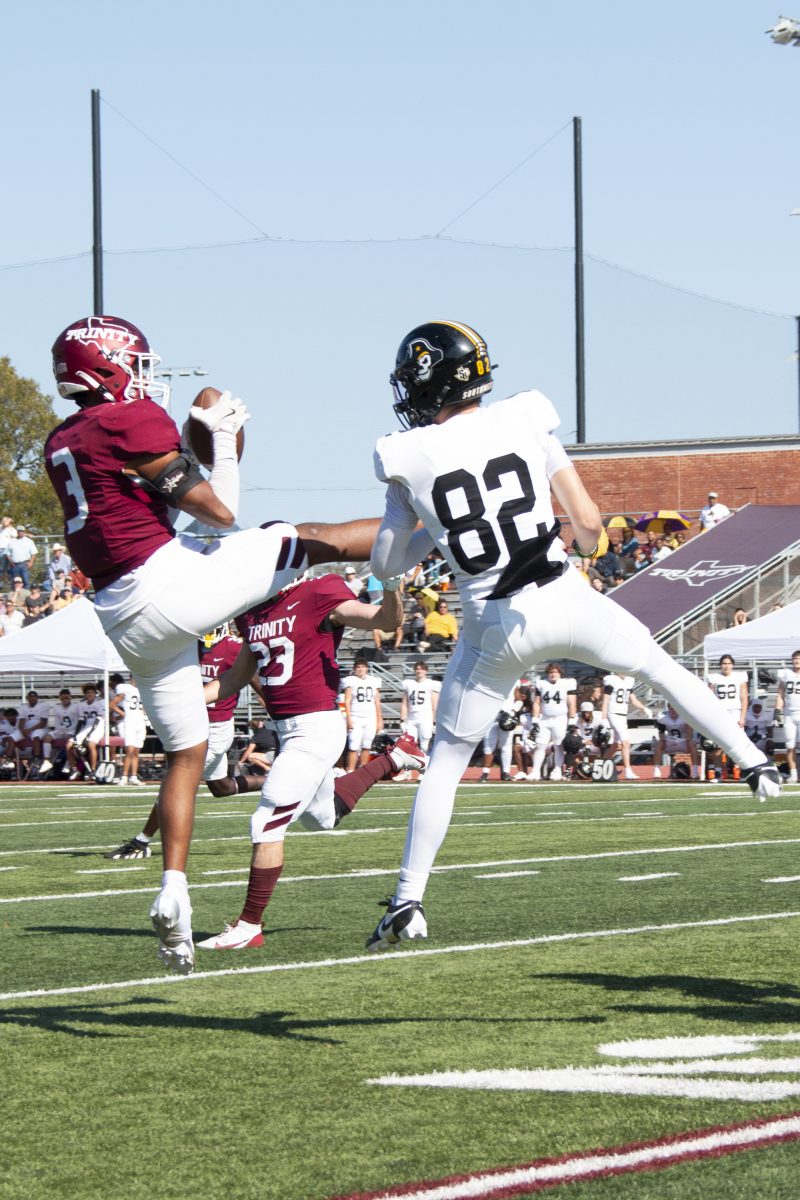March Madness came to an end in early April as the University of Connecticut Huskies won the national championship 75-60 over the Purdue University Boilermakers. The Huskies and Boilermakers were two of four teams left standing, along with the University of Alabama and North Carolina State University, with the teams meeting in Glendale, Arizona to decide the national champion.
The weekend’s first game was played between the No. 1 seed Purdue and No. 11 seed North Carolina State. The game largely centered around the big men for each team, as the matchup between DJ Burnes of NC State and Zach Edey of Purdue would be pivotal in determining who would advance to the national championship. Like their Elite Eight battle against conference rival Duke, the Wolfpack went into halftime only down six to Purdue.
However, the Wolfpack were kept at bay as Purdue defeated NC State 63-50, ending the Wolfpack’s improbable run through the tournament. With the win, Purdue advanced to their second national championship in school history, with their only other appearance coming in 1969. Zach Edey finished with 20 points and 12 rebounds, leading his team in both categories. Purdue’s run to the national championship came a year after they fell in the first round to No. 16 seed Fairleigh Dickinson University, becoming only the second No. 1 seed to lose to a No. 16 seed in tournament history.
The second semifinal was between the No. 4 seed Alabama Crimson Tide and the No. 1 seed University of Connecticut Huskies. UConn came into this game as favorites to advance to their second consecutive national title game, as the Huskies were the defending national champions and were overpowering all season. They had only lost three games all season and won each of their previous four games by at least 17 points.
However, Alabama presented a unique challenge, having one of the best offenses in the country. The Crimson Tide scored an average of 89.75 points in their previous four tournament games, showing their ability to hang around with the Huskies. The game was close throughout the first half, with the score tied at seven different points. Alabama went into the half down 44-40, but it was a good place to be given how dominant the Huskies have been all year.
Eventually, the Huskies took over in the second half, opening up a 10-point lead with just over four minutes left. Part of the reason for this was Alabama’s struggles with 3-point shooting. Bama began the game seven of 10 from beyond the arc but quickly cooled off, going two of ten to start the second half. Alabama could not keep up with UConn for the full 40 minutes, as the defending national champions won by a score of 86-72 and clinched an opportunity to win back-to-back national titles.
UConn’s victory secured a national championship between two No. 1 seeds with very different histories. UConn had already won five national titles, including one last season. The Huskies were also 5-0 in the championship game. On the other hand, Purdue came in with a legacy of failure. The Boilermakers were upset by a double-digit seed in the last three tournaments and have never won a national championship in basketball.
One key aspect of this championship was the matchup between Zach Edey and UConn’s big man Donovan Clingan, both of whom are taller than seven feet. This was only the second time two players taller than seven feet met in the national title game.
The game began in a back-and-forth manner, with seven lead changes and five ties in the first half. However, the Huskies ended the first half on a 15-7 run, taking a 36-30 lead to halftime. A large part of this was Purdue’s inability to shoot the three, as they only made one in the first half.
UConn rode its strong end to the first half into the second half to win their second consecutive championship. They become the first NCAA Men’s Basketball program to do that since the 2006-7 Florida Gators. The Huskies were a machine the entire tournament, winning each of their six games by more than 10 points.
Despite the loss, Purdue’s Zach Edey became the first player in tournament history with at least 20 points and 10 rebounds in six consecutive tournament games, showing signs of a promising NBA career. The Boilermakers advancing this far is still a story of redemption, as the team responded from a historic first-round exit last season.
UConn proved to be too much for their competition. With the question of whether they could win back-to-back championships looming over their entire season, they responded by mowing down their competition. The Huskies were the best team all year and in March Madness, showing that the obvious answer for who would win it all was the correct answer after all.


